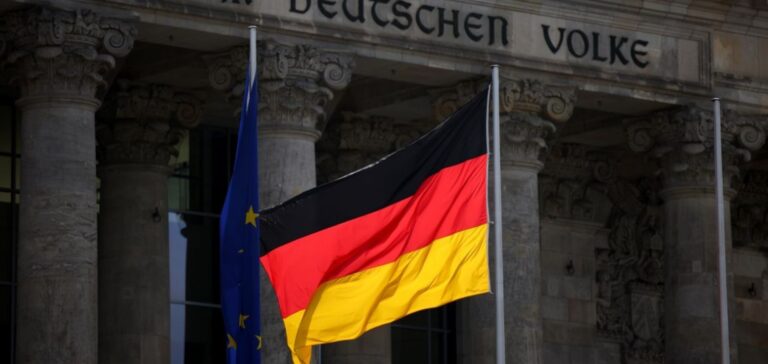The German courts’ decision to condemn Olaf Scholz’s government for its insufficient action on climate protection marks a major turning point. The Berlin-Brandenburg Administrative Court has called for “urgent” measures to reduce greenhouse gas emissions, particularly in the transport and building sectors, which are responsible for a significant proportion of Germany’s CO2 emissions.
The Foundations of Judgment
The ruling was based on a complaint by the German environmental associations DUH and BUND. It highlights the government’s failure to meet its own climate targets. The transport and construction sectors, which have exceeded authorized emission levels, are at the heart of this controversy. German climate protection legislation imposes emission ceilings for each sector, with emergency programs in place in the event of emissions being exceeded.
Political and environmental implications
The decision represents a major setback for the Scholz government, particularly on the eve of COP28 in Dubai. This verdict highlights the government’s shortcomings in implementing its climate legislation, and raises questions about its real commitment to tackling climate change. The situation is made all the more critical by the fact that the German Constitutional Court has already annulled major climate investments, reducing the government’s room for maneuver.
Response from the Government and Associations
The government, despite having passed a new climate law in June with a number of measures, faces a major challenge. Environmental associations, for their part, are calling for concrete and immediate action. They propose, among other things, a speed limit on freeways, a measure absent in Germany. These suggestions, if implemented, could have a significant impact on greenhouse gas emissions.
The decision by the Berlin-Brandenburg Administrative Court marks a critical moment for Germany in its fight against climate change. It highlights the need for concrete and immediate action, especially at a time when the government’s compliance with climate legislation is being called into question.






















